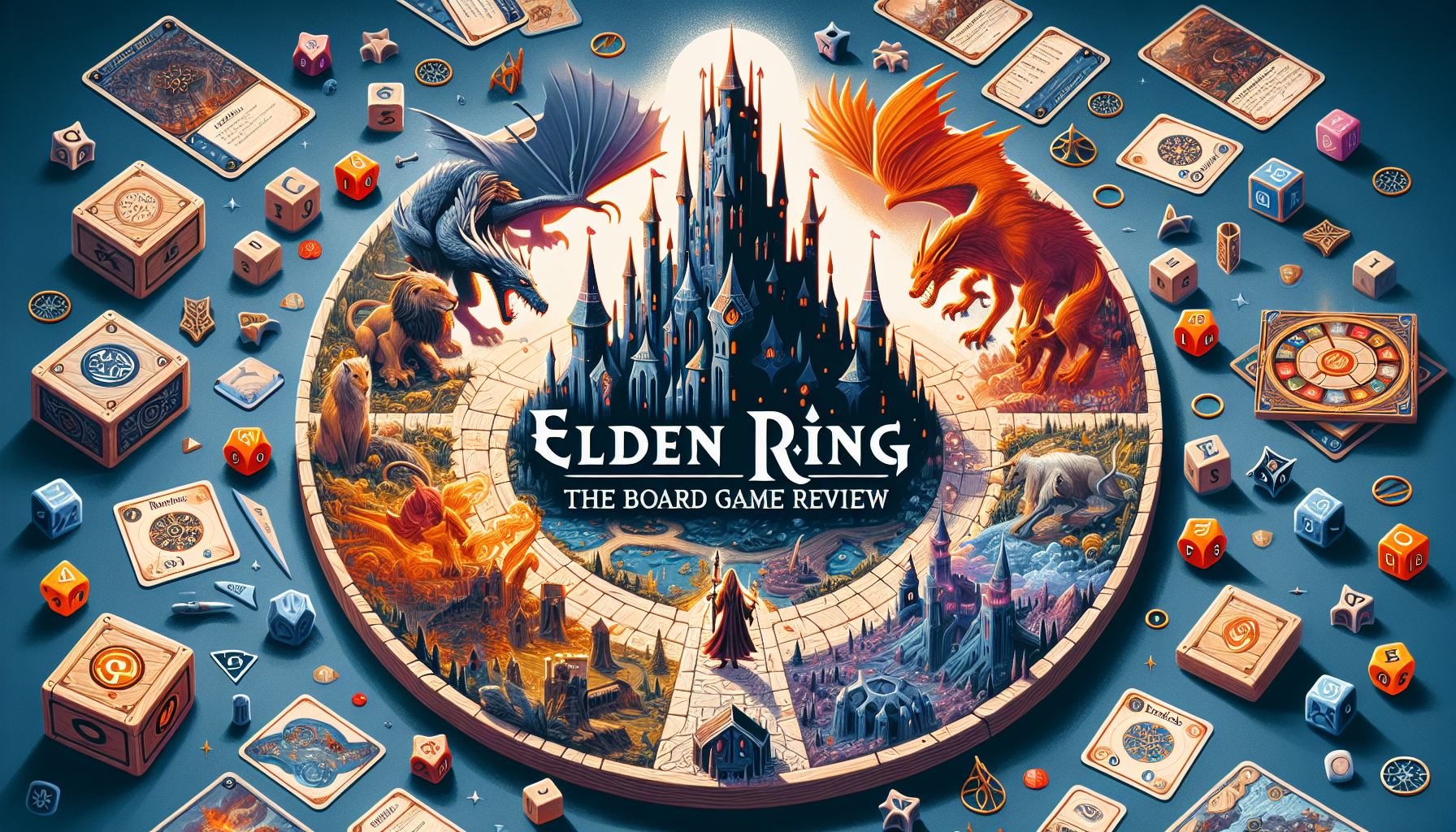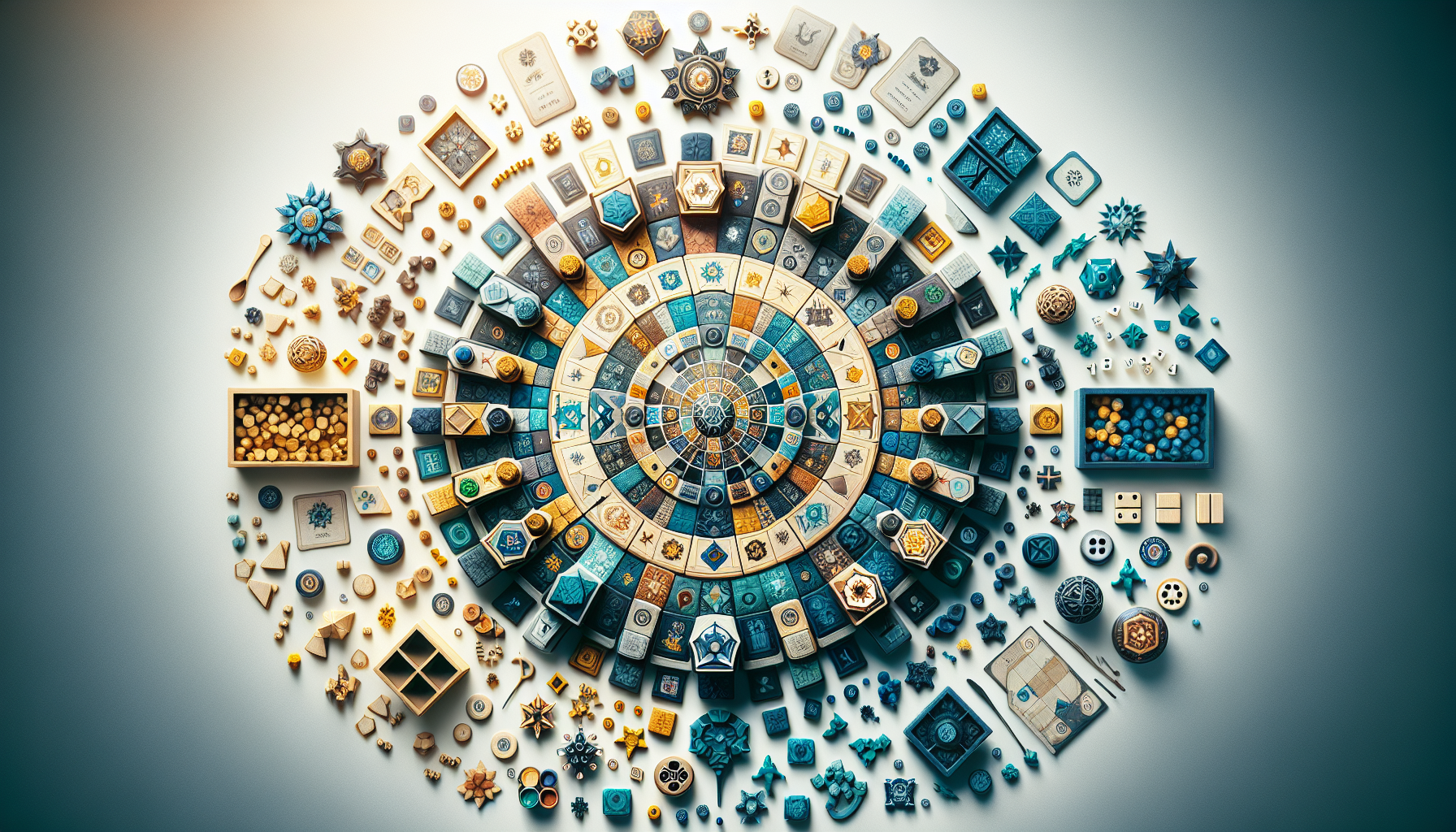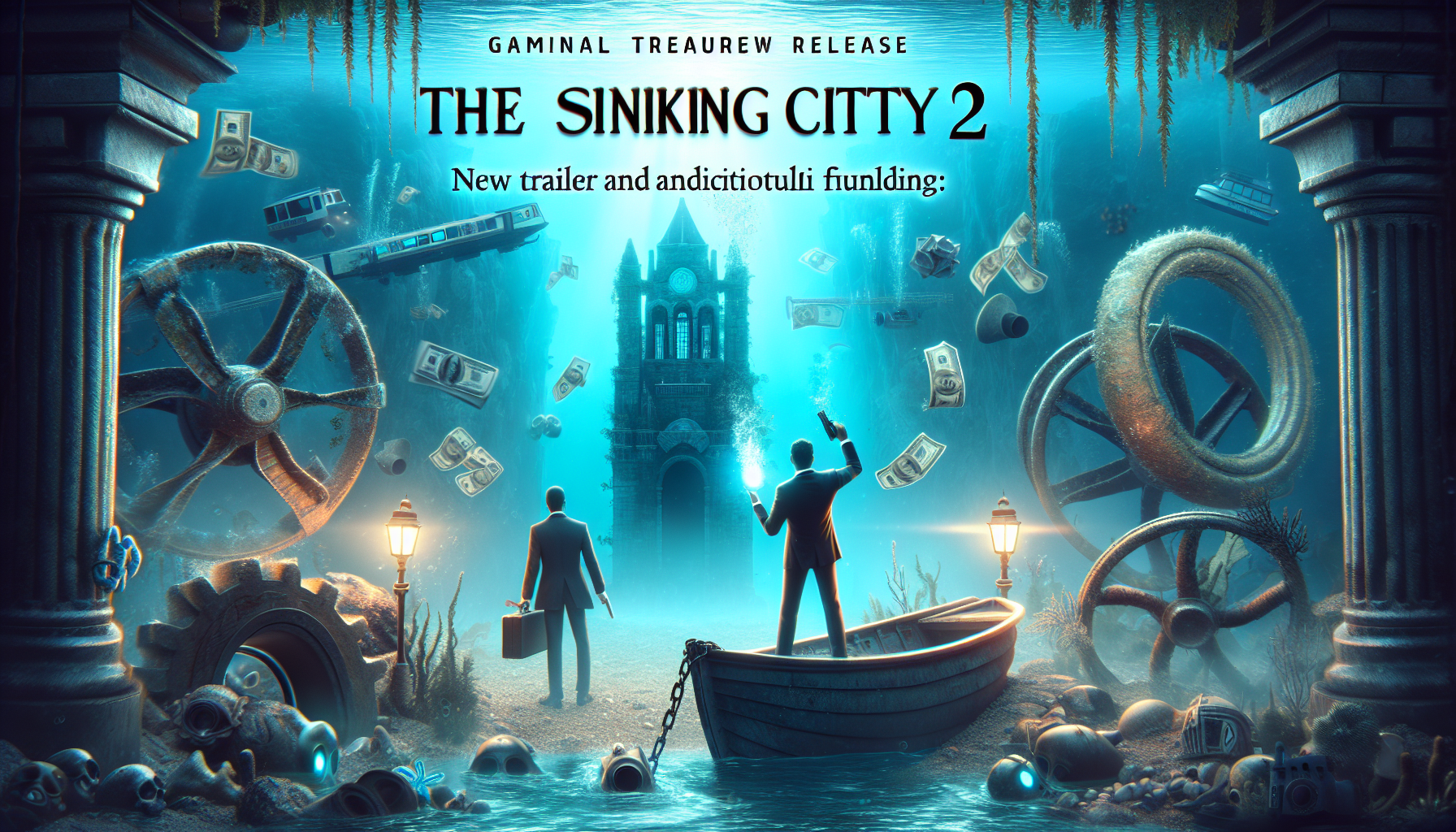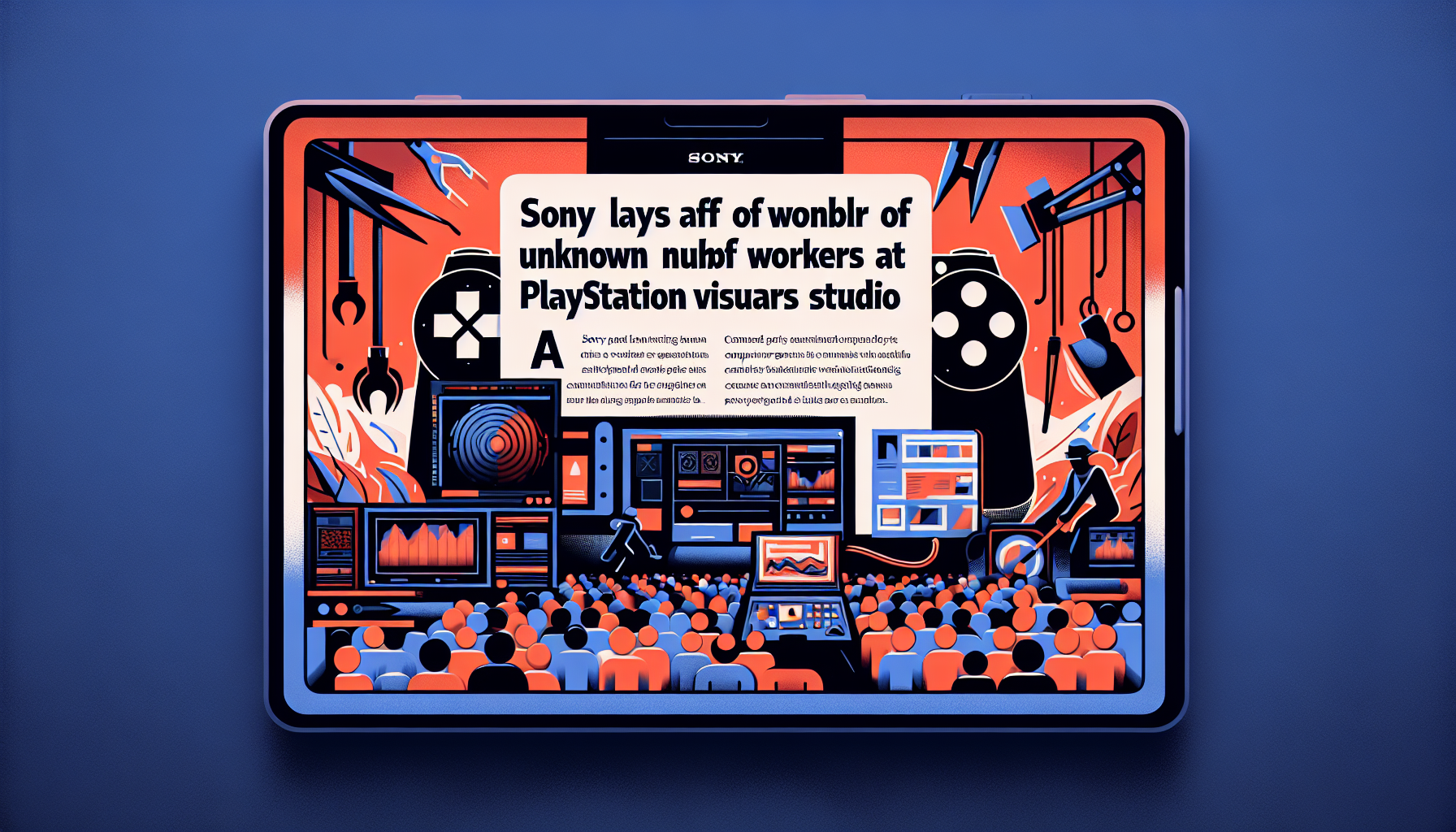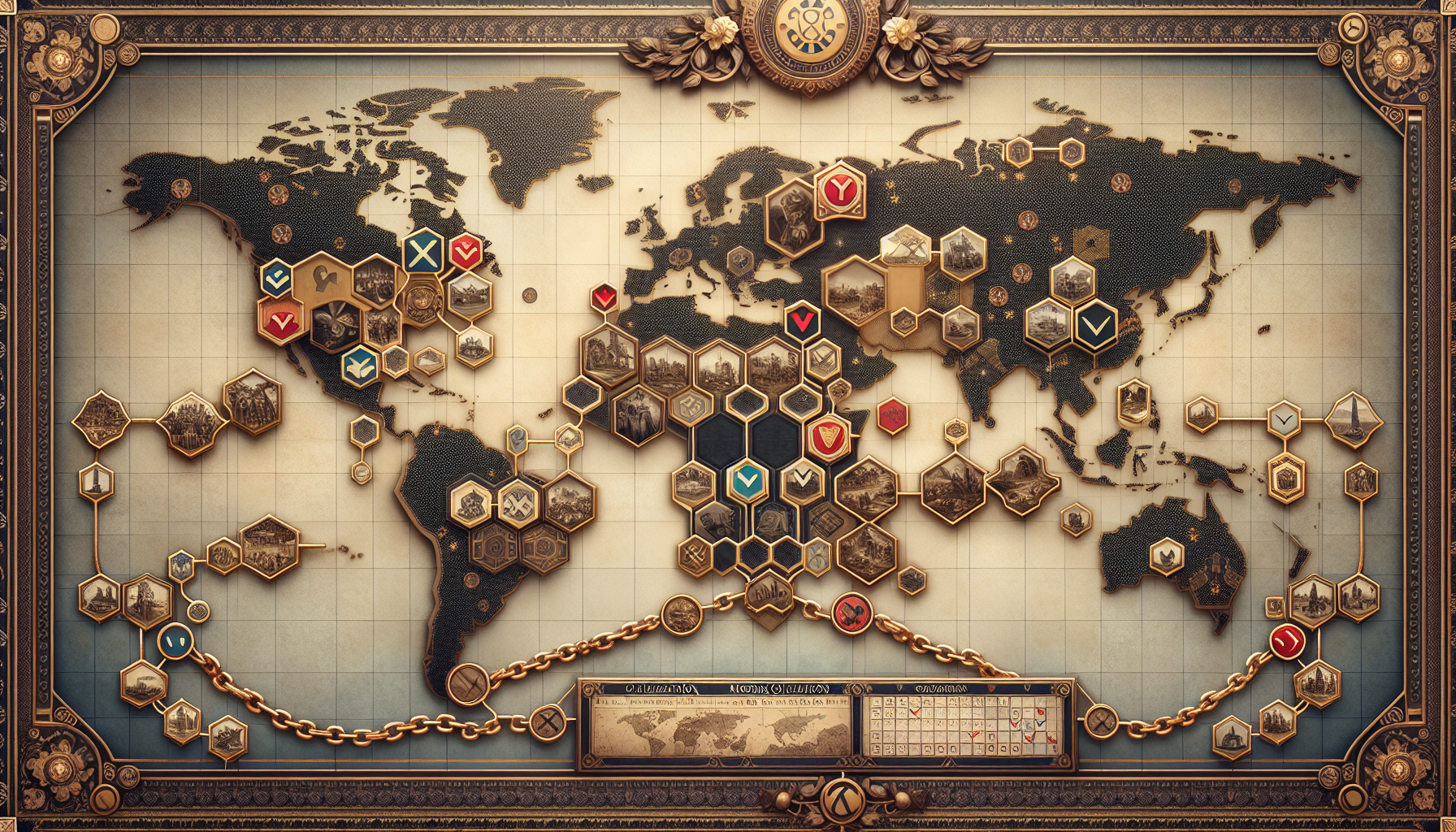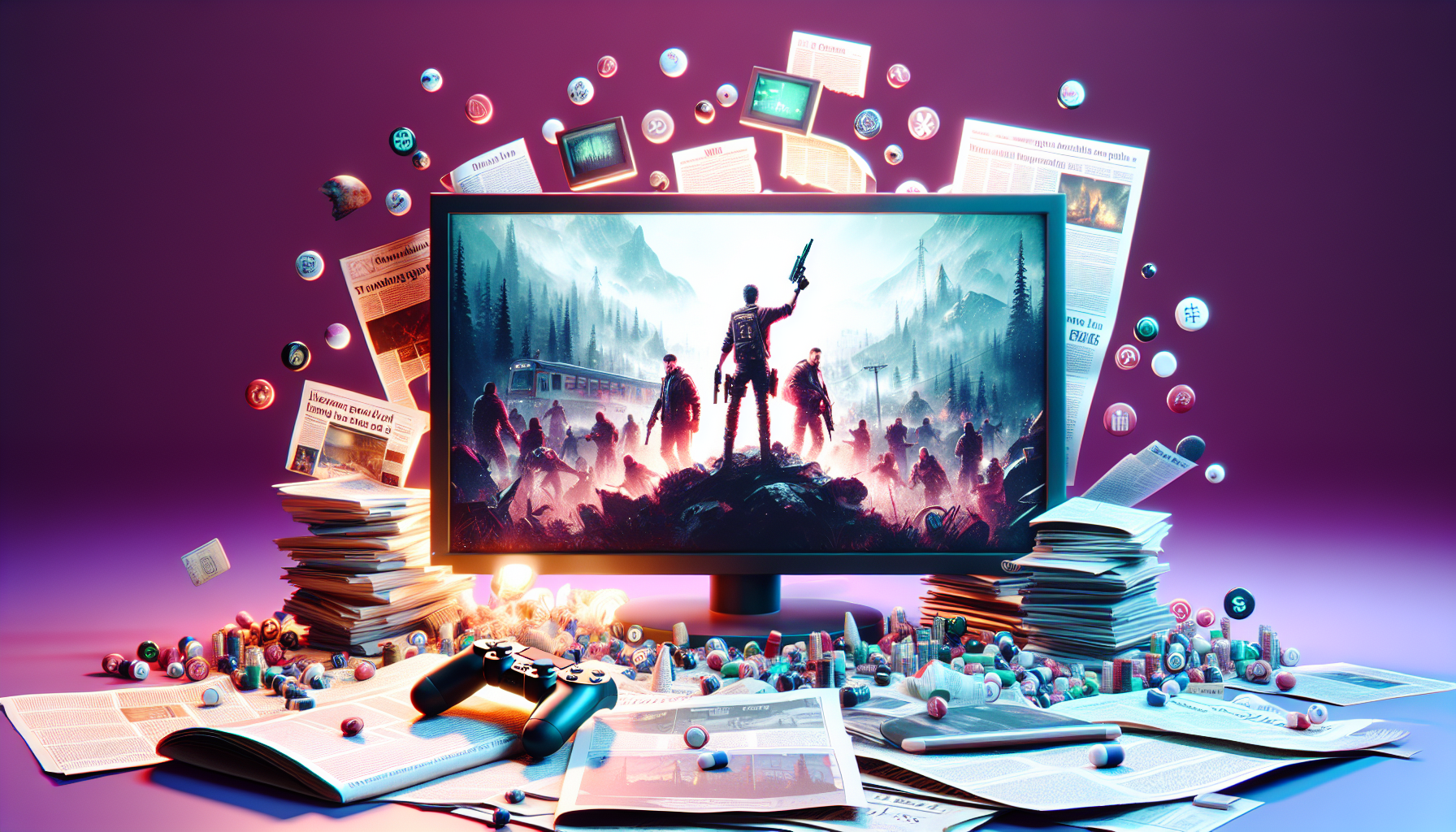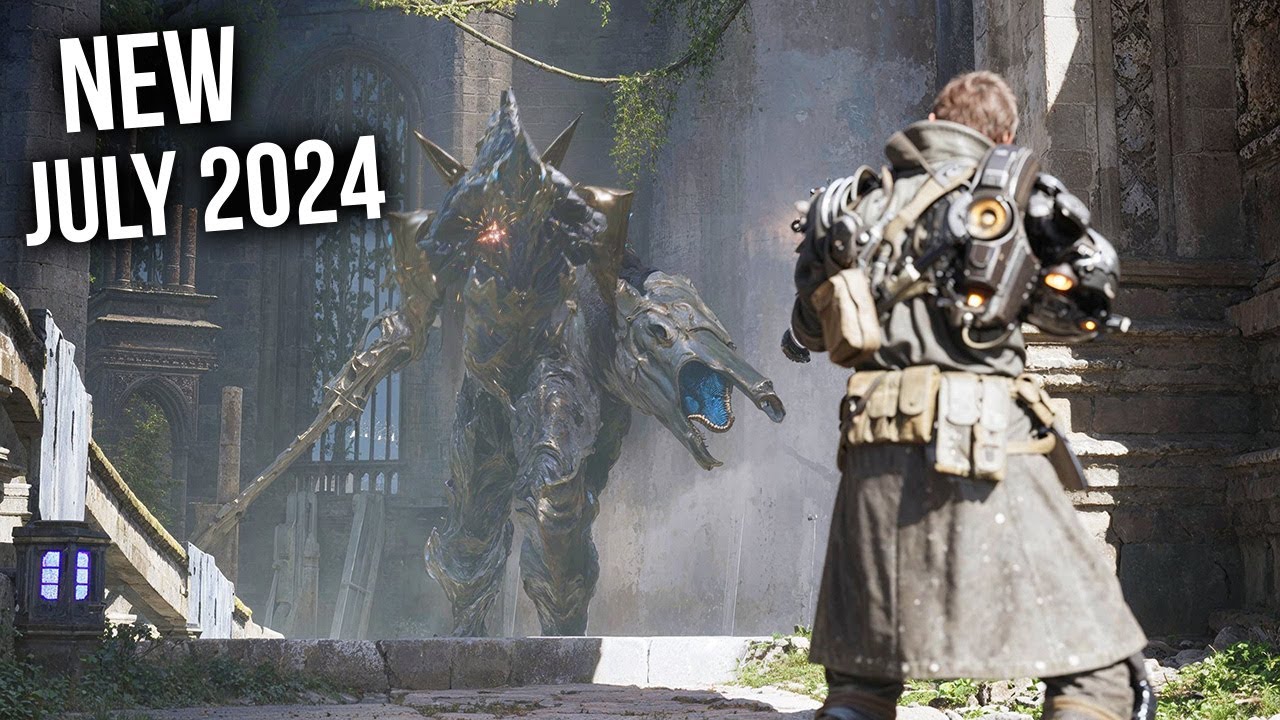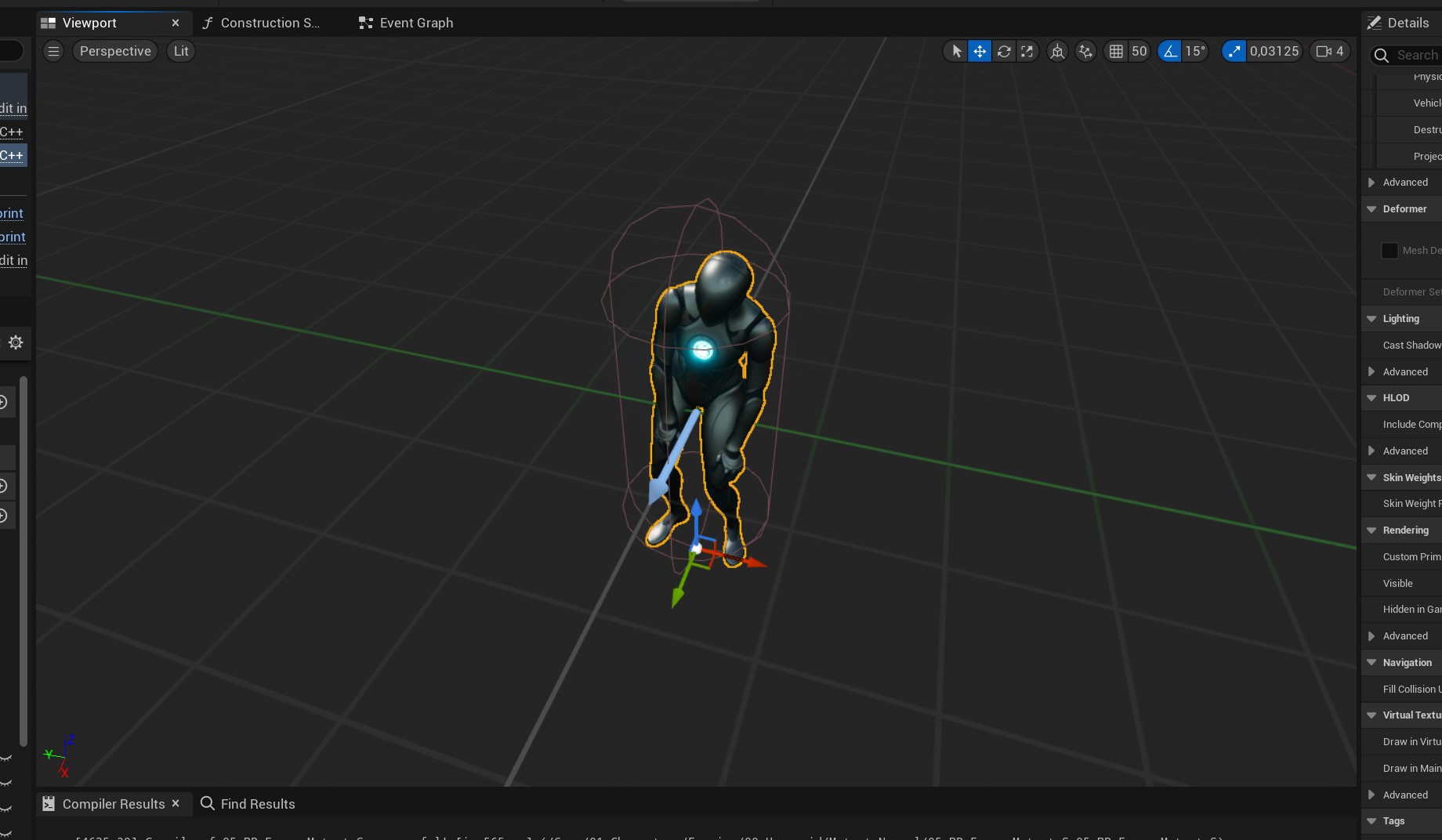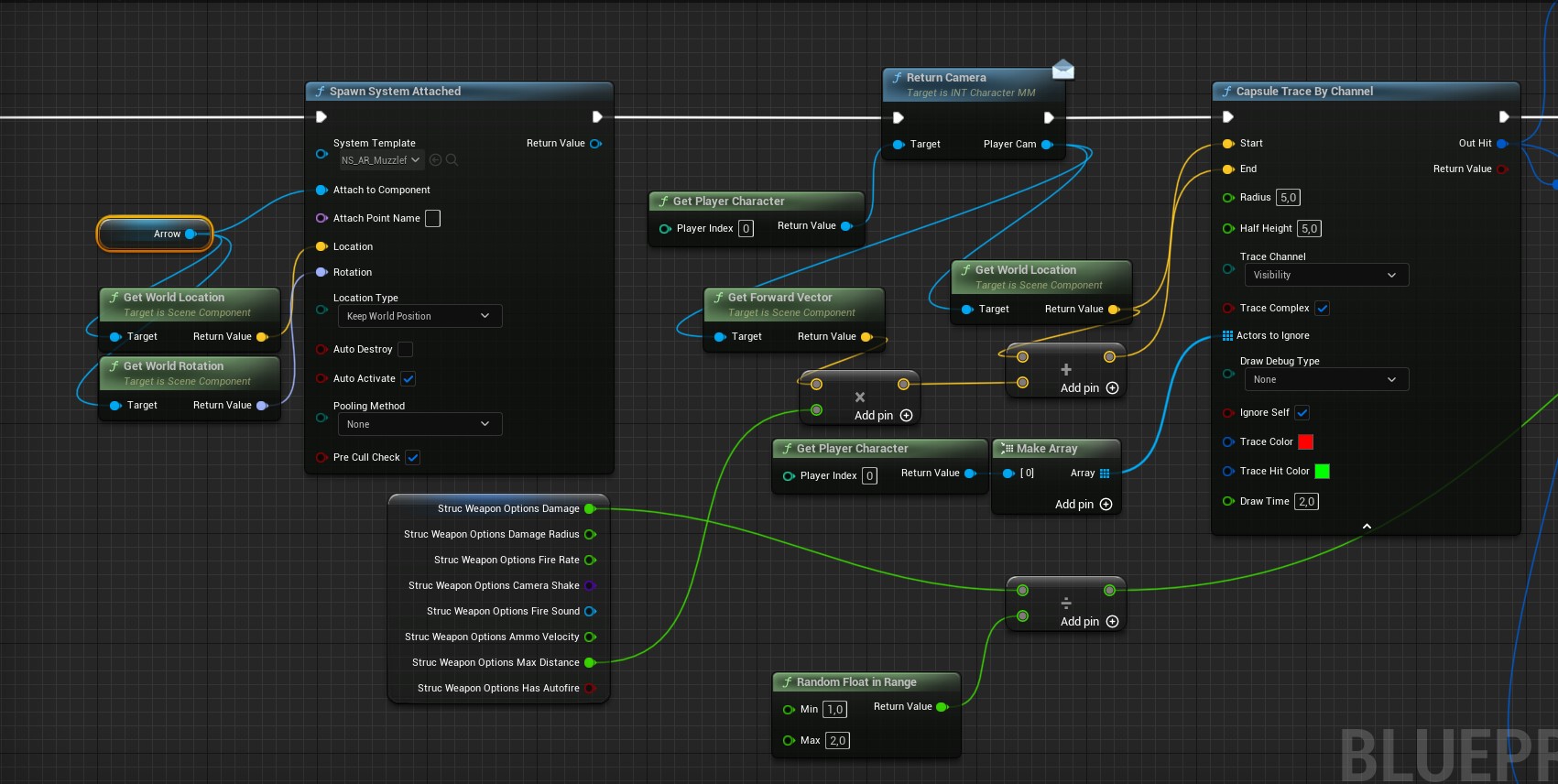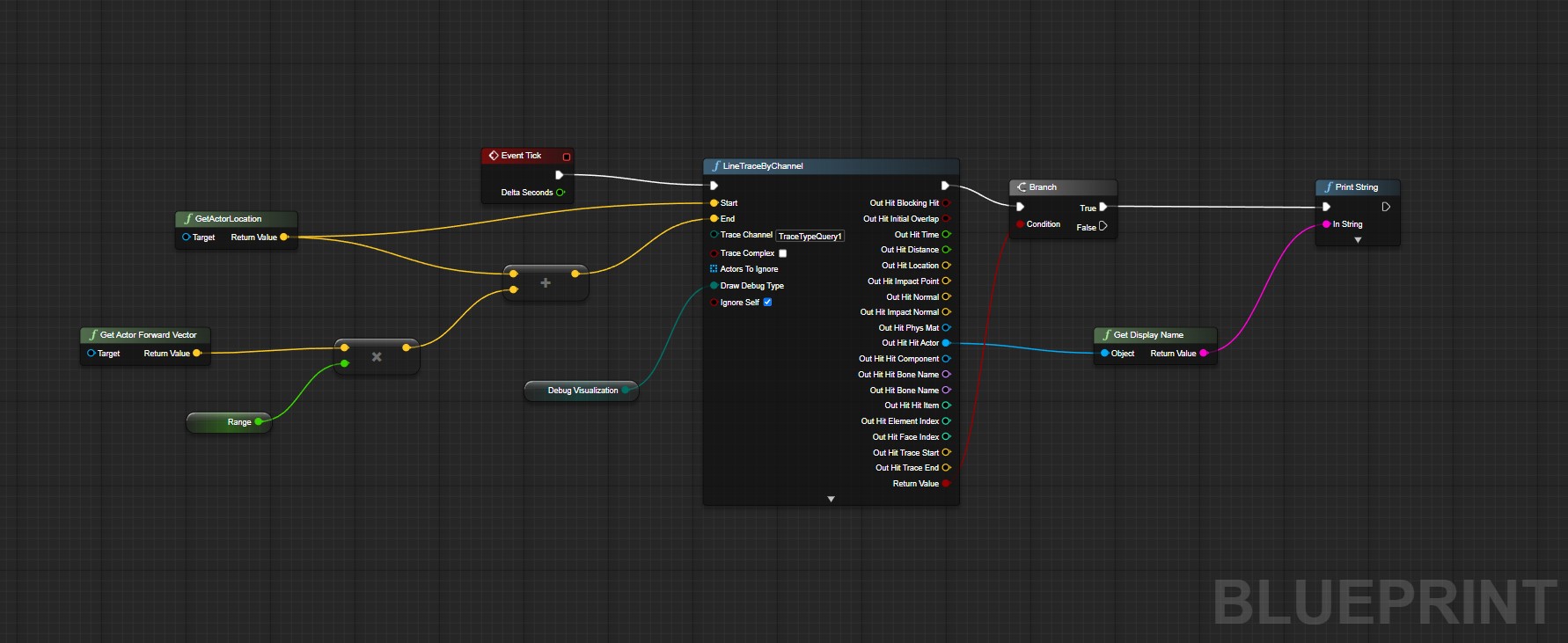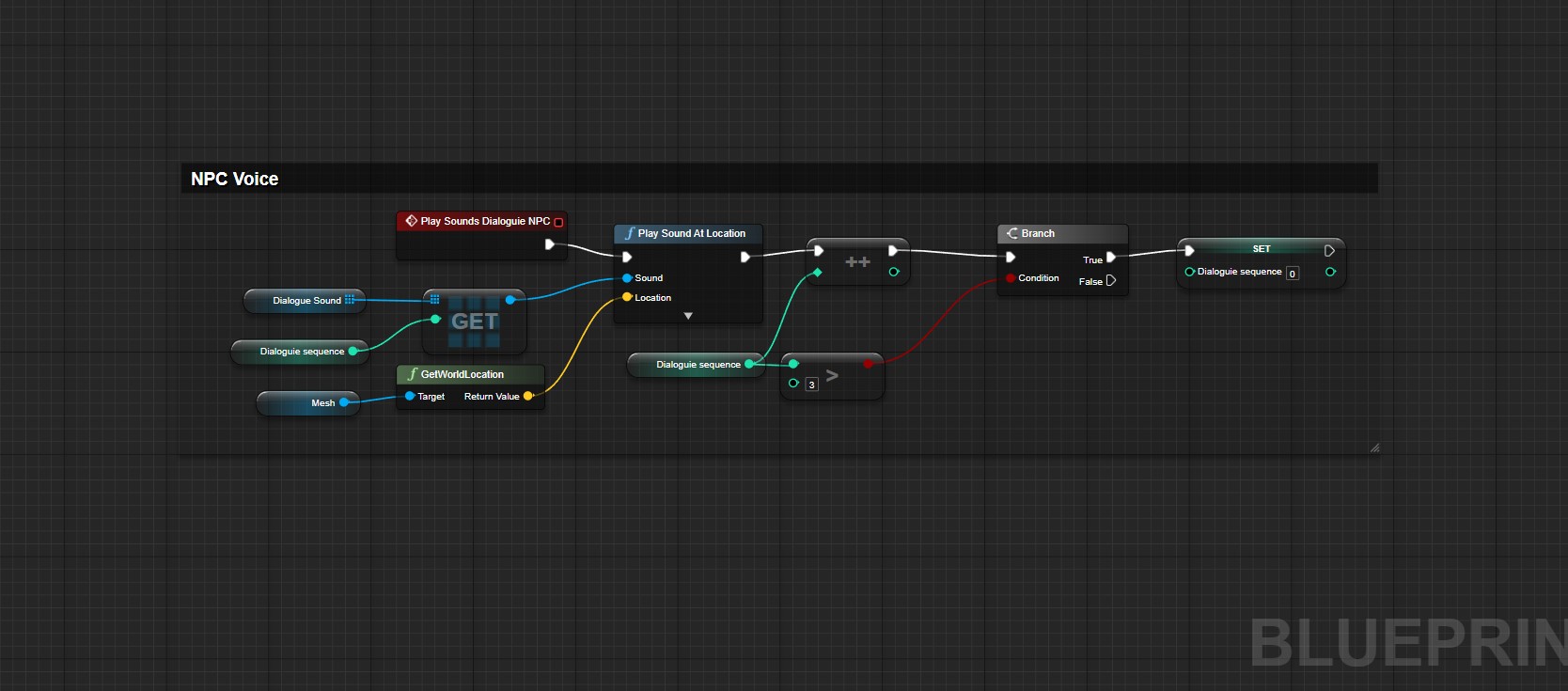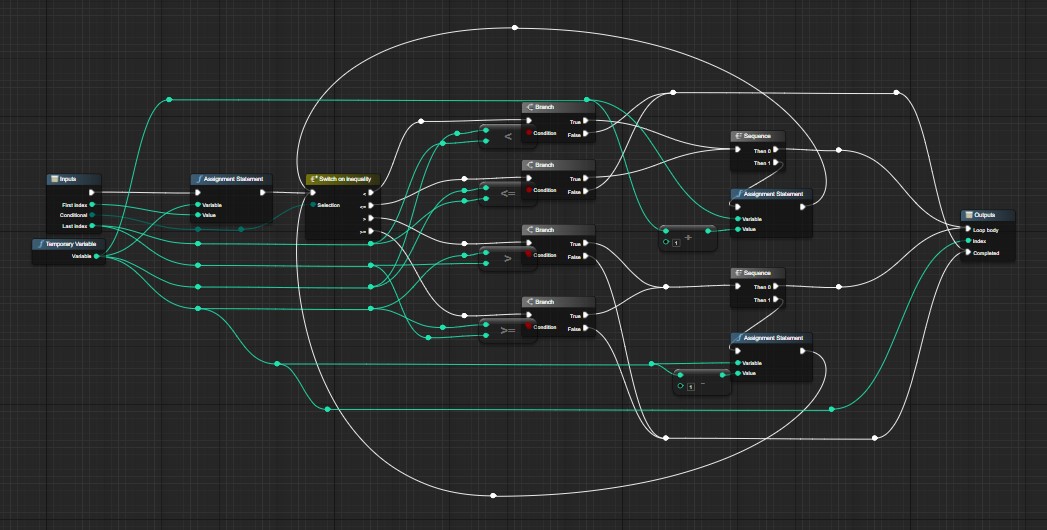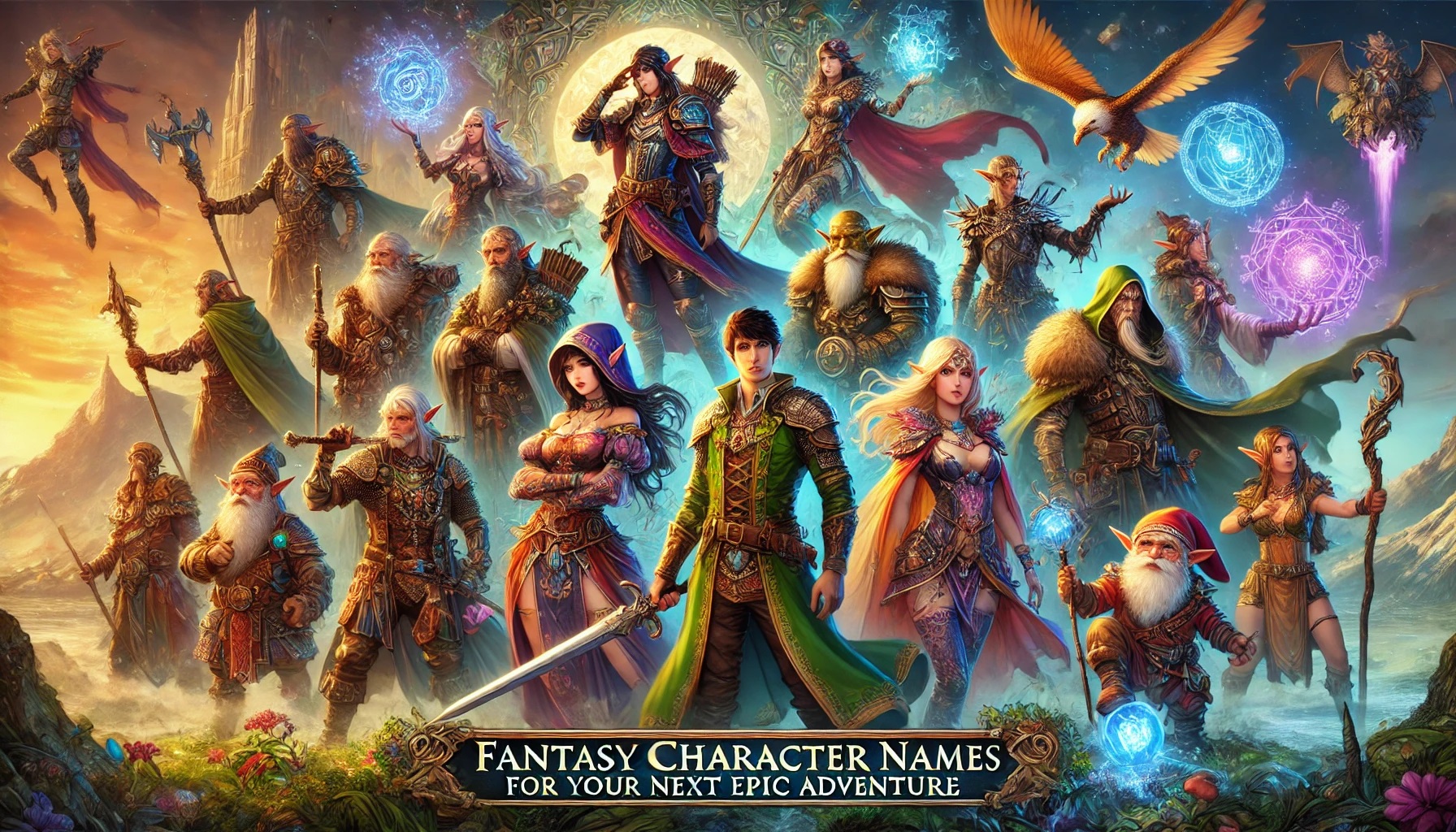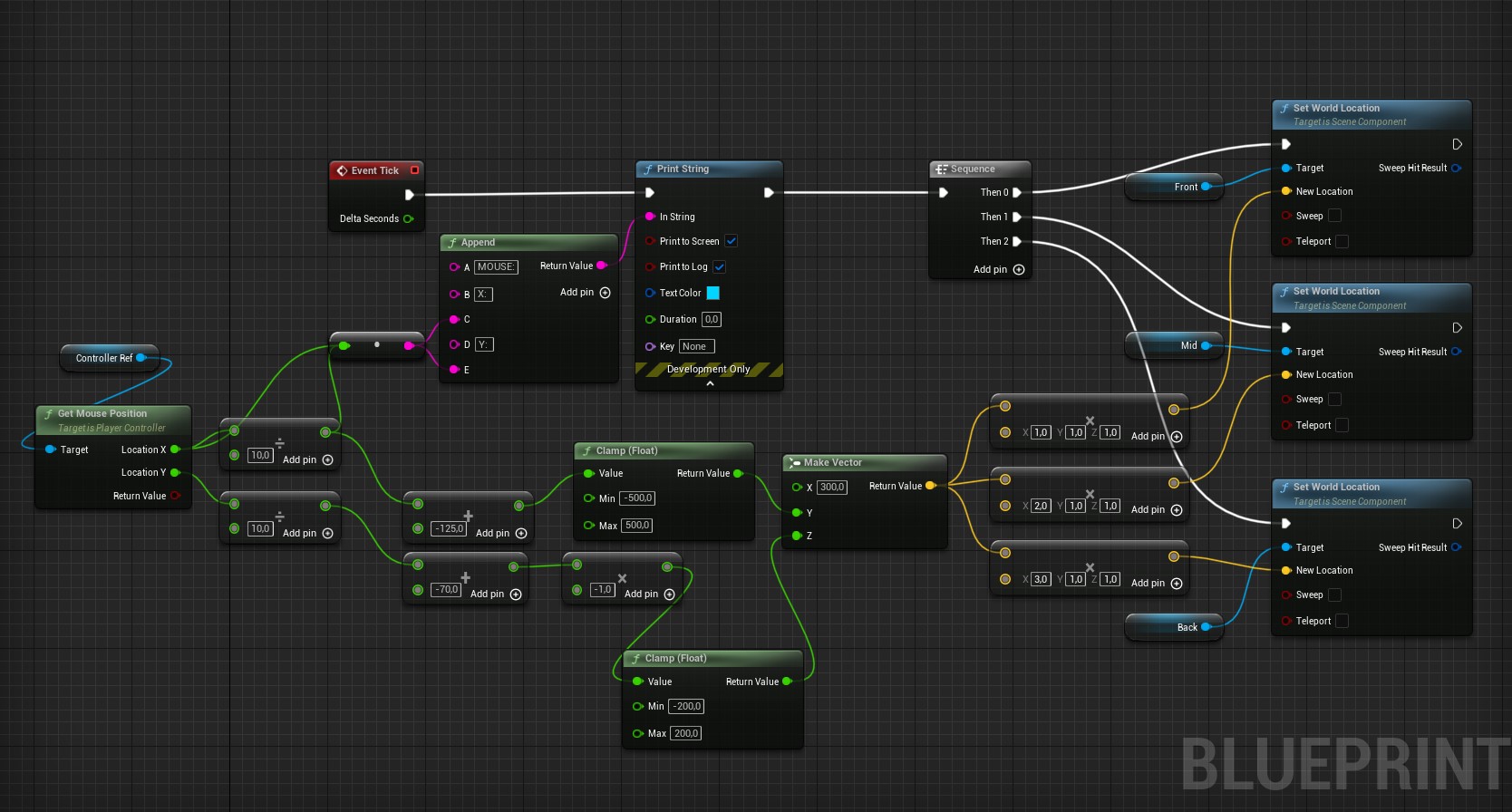In recent times, the emergence of AI Girlfriend Apps has signaled a profound transformation in societal perceptions and experiences surrounding romantic relationships and emotional connections. These applications have not only redefined the boundaries of human-technology interactions but have also prompted a discourse on the ethical, psychological, and cultural ramifications of digital companionship. This article delves into the multi-faceted impact of AI girlfriends on modern relationships, exploring the allure, implications, and the future of digital companionship.
Societal Transformations
The advent of AI Girlfriend Apps has challenged conventional notions of companionship, offering a unique form of connection that often simulates the qualities of real-life romantic partners, including emotional support and engaging conversation. This digital phenomenon has prompted individuals and society at large to reflect on the evolving dynamics of human connections in the digital age1.
Psychological Aspects
Users of AI Girlfriend Apps often report experiencing genuine feelings of affection, attachment, and even love for their virtual companions. This raises compelling questions about the authenticity of emotions formed in the digital realm. Psychologists and researchers grapple with the dilemma of whether the love felt for a digital entity can be considered genuine or if it’s a result of programmed responses and scripted interactions1.
Ethical Considerations
The evolution of digital relationships brings forth critical ethical considerations, such as user privacy, informed consent, and the responsible use of technology in fostering emotional connections. The creation of digital entities that simulate human-like emotions and intimacy raises questions about the ethical standards in the development and use of digital companionships1.
Cultural Variations
The acceptance and utilization of AI Girlfriend Apps vary across cultures and regions. In some societies, digital companionships may be embraced as a response to social changes and technological advancements. In contrast, others may view them with skepticism or resistance, with cultural norms and values shaping perceptions of digital relationships and their role in human connections1.
Potential Repercussions
The creation of AI girlfriends may have a broader impact on human relationships. A growing concern is that individuals might forsake real relationships, marriage, and parenthood, potentially exacerbating larger societal issues. This reliance on digital companions for emotional support and companionship may lead to a decline in social skills and emotional intelligence, alongside a decrease in overall well-being23.
Future Outlook
The trajectory of AI Girlfriend Apps suggests a future marked by innovation and ethical challenges. As AI continues to advance, digital companions may offer even more sophisticated and emotionally fulfilling interactions, possibly blurring the lines between virtual and physical realms. However, the long-term effects of digital relationships on users’ emotional health and social interactions necessitate thorough exploration and research1.
In Conclusion
The realm of AI girlfriends opens a pandora’s box of discussions surrounding the human experience of love, attachment, and emotional intimacy in the digital era. As society navigates this evolving landscape, a comprehensive understanding of the complex interplay between technology, emotions, and human connections is imperative.







